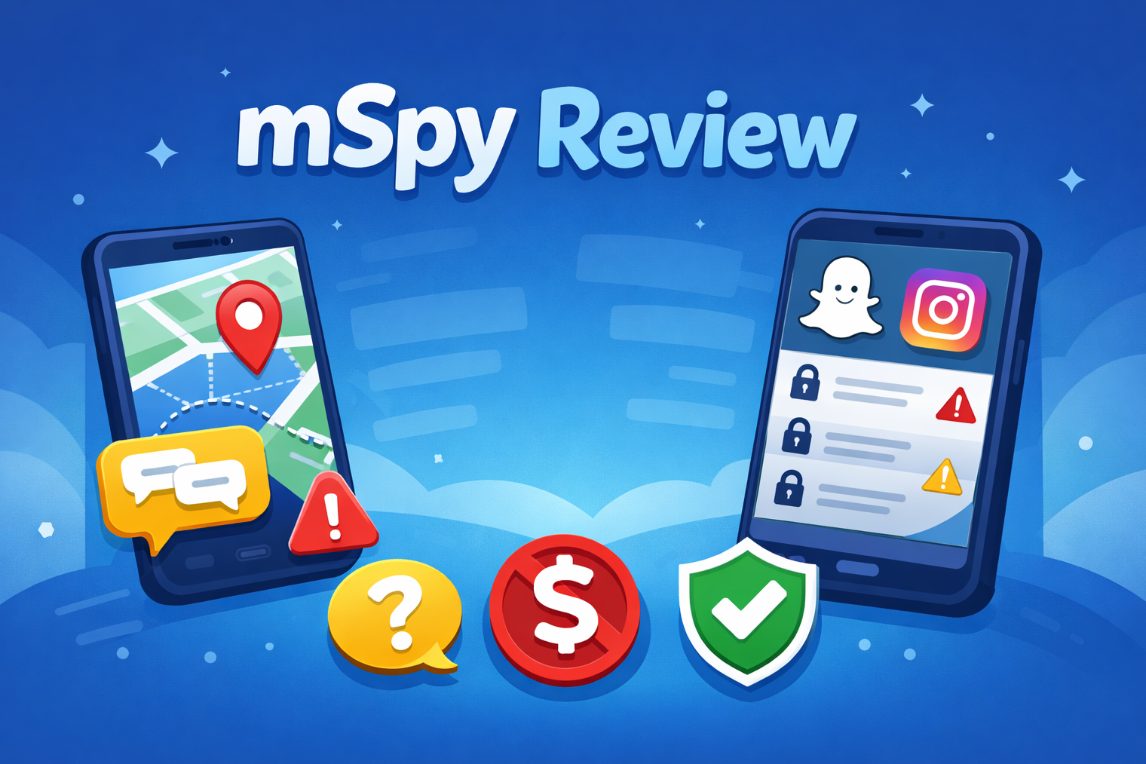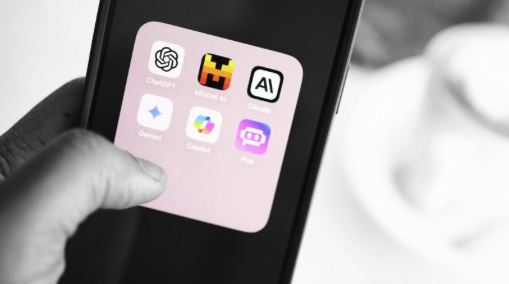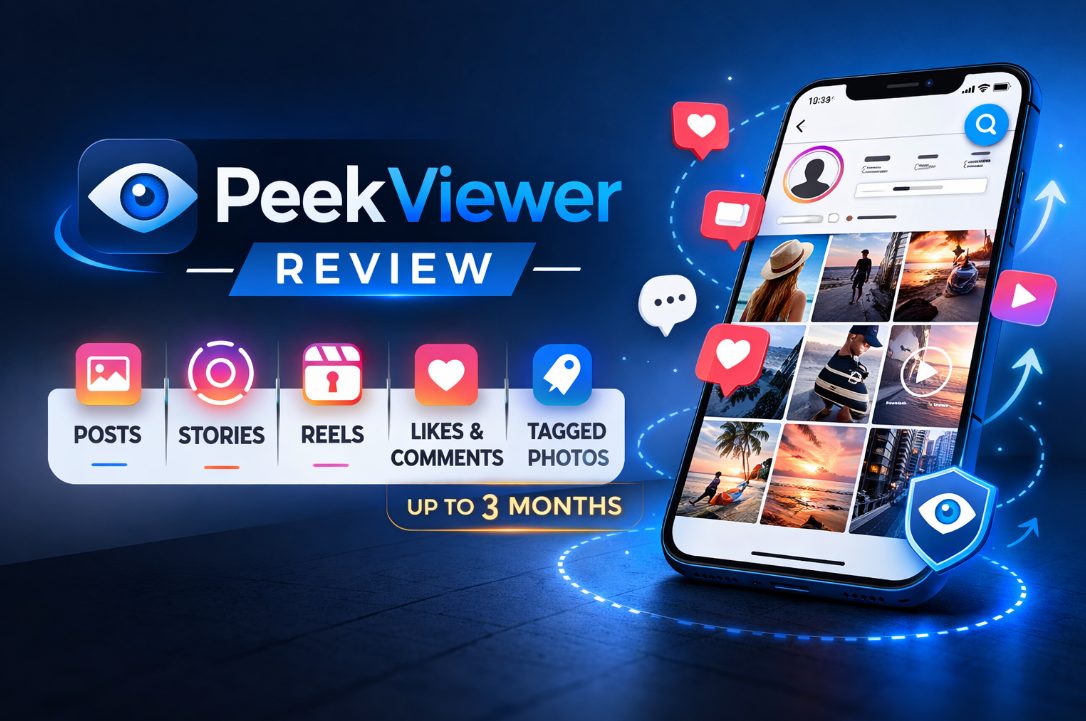Best Music Hashtags: Amplify Your Sound on TikTok in 2025
Published: September 3, 2025
Visibility is key for artists striving to carve out their niche and connect with their audience.
Hashtags have emerged as one of the most effective tools in amplifying your presence on social media, enabling musicians to engage with both existing and potential fans. Generate Instant Best Hashtags
When you generate Instant Best Hashtags, it can help your reach and attract followers You can also buy TikTok followers to your profile for more visibility and reach.
Understanding Hashtags
Hashtags play a crucial role beyond their basic function on social media.
They’re not just tags or labels; they are powerful instruments that help organize content, draw attention to specific themes, and even spark significant social movements.
What Are Hashtags?
At their core, hashtags for music are a form of metadata tags that make it easier for users to find messages or content with a specific theme or content.
By using the pound symbol (#) followed by a keyword or phrase, hashtags categorize posts, making them discoverable to a wide audience across the platform. To further enhance your reach, you might also consider utilizing TikTok promotion services to boost visibility and engagement on your posts.
Importance for Musicians
Mastering the use of the best music hashtags is essential for artists and musicians. They serve as a bridge connecting their music to the world.
Whether promoting a new song, album, or tour, hashtags for music amplify visibility exponentially.
They are especially vital when trying to reach out to fans during album releases, concerts, or special promotions.
Platforms like TikTok, Twitter, and YouTube use hashtags for music to thread various posts from different users into a larger, searchable conversation.
This functionality is invaluable for musicians looking to engage more deeply with their audience or tap into larger conversations happening in the music industry. If you’re also looking to enhance your TikTok presence, knowing How to upload music to TikTok post can make your posts even more engaging and increase your visibility.
Related: Best Beauty Hashtags 💄💅🏻
Types of the Best Music Hashtags
We go into detail the different types of hashtags, and why you should carefully use a mixture but also to have a better understanding.

Hashtags are a vital tool for musicians looking to gain visibility and engage with their audience on social media.
Artists can choose from various types of music-related hashtags depending on their goals and the nature of their content.
Each type serves a unique purpose, from highlighting a music genre to capitalizing on live event buzz. For those looking to make their TikTok stories even more engaging, a guide to promote your TikTok videos can provide the perfect way to connect with fans and share your music creatively.
Genre-Specific Hashtags
These hashtags for music are directly tied to the content’s specific musical genre. They are incredibly effective for targeting listeners with a distinct taste in music.
For instance, a rock band might use #RockMusic or #AlternativeRock to draw fans who prefer these genres.
Similarly, a hip-hop artist might tag their posts with #HipHopBeats or #RapMusic to attract enthusiasts of those styles.
These targeted music hashtags not only categorize content more effectively but also connect artists with audiences that are most likely to appreciate their specific type of music.
We uncovered the top trending hashtags using this tool to research hashtags.
Event Hashtags
Live music events like concerts, festivals, and tours are experiences that audiences love to share on social media.
By using event-specific hashtags, such as #Coachella2024 or #Glastonbury, musicians can tap into the audience looking for content related to these events.
These hashtags not only boost visibility among event-goers but also create a communal space for sharing experiences and reactions to the event, enhancing the overall engagement with the musician’s social media presence. Additionally, incorporating photography hashtags for TikTok can help showcase event photos and reach a wider audience, blending music with visually captivating content.
Challenge or Campaign Hashtags
Engaging audiences with interactive content is key to maintaining an active and engaged social media following.
Musicians can initiate or participate in challenges and campaigns using specific hashtags like #CoverChallenge or #30DaysOfMusic.
These hashtags for music encourage fans to interact by creating and sharing their content, participating in challenges, or following a campaign closely.
This continuous interaction keeps the audience engaged over time, building a more robust and interactive community around the musician’s work.
Day of the Week Hashtags
Maintaining a consistent posting schedule is crucial for keeping the audience interested and engaged.
Day-of-the-week niche hashtags like #MusicMonday or #ThrowbackThursday offer a structured way to organize posts by theme on specific days.
This not only helps in planning content in advance but also ensures regular engagement from the audience. Additionally, using strategies like buy TikTok comments can increase interaction on your posts, fostering a sense of community and boosting overall engagement.
Each branded hashtag represents a theme or activity, encouraging repeated interaction and making social media feeds more dynamic and interesting for followers.
Creating Effective and Popular Hashtags
Hashtags for music serve as the backbone of content discoverability and engagement.
Crafting effective niche hashtags is not just about being catchy; it involves a thoughtful blend of creativity and strategic planning.
The goal is to make them memorable, relevant, and optimally balanced to draw the right audience to your content.
Understanding the Basics of Hashtag Effectiveness
Effective hashtags share several key characteristics. They are easy to remember, resonate with the audience, and are directly related to the post or campaign.
Additionally, they should be concise—overly complicated hashtags for music can confuse potential followers and dilute your message.
Balancing Broad Appeal with Specificity
One of the primary challenges in creating effective hashtags for music is finding the right balance between broad and specific appeals.
Relevant hashtags that are too broad (e.g., #music) may not effectively target your desired audience due to the high volume of content associated with them.
On the other hand, overly specific hashtags (e.g., #SummerPopHitsMiami2024) might not have a large enough following to gain significant traction.
To strike this balance, consider the following strategies:
- Use Mixed Hashtag Types: Combine broad, trending hashtags with more specific ones. This allows you to reach both a wide audience and more targeted groups who are likely to engage deeply with your content.
- Contextual Relevance: Ensure the music hashtags are relevant to the post and your audience. A well-chosen hashtag reflects the content’s theme and appeals directly to the interests of your target demographic.
Making Hashtags Memorable
Memorability in hashtags is crucial. A memorable branded hashtag is more likely to be shared and used by others, extending the reach of your content organically.
Here are a few techniques to enhance memorability:
- Alliteration and Rhyming: Hashtags that use alliteration or rhyme are more catchy and easier to recall (e.g., #MusicMondays, #FeatureFriday).
- Incorporating Humor or Wordplay: Clever language use can make your relevant hashtags stand out and be more engaging.
- Capitalizing Each Word: Known as CamelCase, this practice makes longer hashtags for music easier to read and understand at a glance, enhancing their memorability.
Ensuring Relevance and Timeliness
Relevance is about connecting your relevant hashtags to current trends, cultural moments, or specific events that have a broad appeal.
This not only increases visibility but also shows that your content is up-to-date and engaged with contemporary topics.
Monitoring hashtags in your industry or community can provide insights into what is currently capturing the audience’s interest. Additionally, using strategies like buy TikTok comments can increase interaction on your posts, fostering a sense of community and boosting overall engagement.
Testing and Refining Hashtags
Like any aspect of marketing, hashtag use should be iterative. Test different and best hashtags to see which ones perform best in terms of engagement and reach.
Tools like TikTok Insights or Twitter Analytics can provide valuable data on how your hashtags are performing. Based on this data, refine your approach by:
- Adapting to Trends: Be flexible and ready to change your branded hashtag strategy based on what is trending or performing well.
- Learning from Competitors: Observe and learn from the hashtags used by successful competitors or industry leaders.
Dos and Don’ts of Using Music Hashtags
Effectively utilizing the best hashtags for music is crucial for maximizing engagement and ensuring your user-generated content reaches its intended audience without overwhelming them or diluting your message.
Here are some practical guidelines to help you navigate the complexities of hashtag usage in the music industry.
Dos of Using Music Hashtags
- Mix Trending and Unique Hashtags: Combining popular hashtags with unique ones can enhance the visibility of your posts while ensuring they reach a specific audience. For example, while #music may be too generic, combining it with something specific like #IndieFolkSessions can attract both general music lovers and fans of indie folk.
- Be Consistent but Not Repetitive: Consistency helps in building a recognizable online presence. Use a set of standard and related hashtags that define your brand or style, but vary them slightly with each post to reach different segments of your audience.
- Capitalize for Readability: If your hashtag includes multiple words, capitalize the first letter of each word (e.g., #NewMusicFriday). This practice, known as CamelCase, enhances readability and prevents misinterpretations.
- Engage with Trending Topics: When relevant, incorporate the best hashtags to gain visibility. This requires staying current with what’s popular and figuring out how your music or content can naturally align with these trends.
Don’ts of Using Music Hashtags
- Avoid Over-Hashtagging: While it’s tempting to use as many different hashtags as possible to reach more people, this can lead to clutter and dilute your message. Stick to a reasonable number—about 5 to 10 related hashtags per post is generally a good rule of thumb.
- Don’t Use Irrelevant Hashtags: Every hashtag in your post should be relevant to the content. Using popular but irrelevant hashtags can be seen as spammy and may turn off your audience.
- Stay Away from Banned or Spammy Hashtags: Social media platforms sometimes ban or suppress more hashtags that are associated with inappropriate content. Using these can decrease the visibility of your posts or even lead to penalties.
Future Trends in Hashtag Use
Social media is continuously evolving, and so are the strategies for effective hashtag use.
As new platforms emerge and existing ones update their algorithms, understanding and anticipating trends in hashtag usage will be crucial for maintaining an effective social media presence.
We have seen users carefully use hashtags and reach up to 1 million more users each month and that was simply by using the correct hashtags on their posts!
Adapting to Platform Changes
Each social media platform has its nuances in how the best hashtags affect reach and engagement.
For instance, TikTok hashtags allow up to 100 characters per post to include captions and hashtags, but recent studies have shown that using fewer may be more effective. Therefore, it is essential to stay updated with each platform’s best practices.
Predictive Hashtag Analytics
Emerging tools and technologies now offer predictive analytics for the best hashtags. These tools use AI and machine learning to forecast trends and suggest optimal more hashtags based on real-time data.
Leveraging these tools can provide a competitive edge, ensuring your content remains relevant and visible.
Integration with Other Marketing Tools
The right hashtags are increasingly being integrated with other digital marketing strategies, including SEO and content marketing.
Understanding how these elements can work together will enhance the overall strategy, from timing your posts to align with trending topics to using the best hashtags that complement your SEO efforts.
Conclusion
Branded hashtags are a dynamic and powerful way to enhance your music’s presence online.
By understanding the best practices and leveraging different types of music hashtags, you can significantly increase your reach and engagement, with strategies like buy TikTok likes, buy TikTok views, and gaining more followers on social media.
Frequently Asked Questions
How often should I update my hashtag strategy for my music content?
Your hashtag strategy should be dynamic. It’s recommended that you review and update it at least once a quarter.
This allows you to adapt to changing trends, incorporate seasonal hashtags, and remove any that are underperforming.
Regularly analyzing the engagement and reach of your best hashtags using tools like TikTok hashtags Insights can help you understand what’s working and what isn’t, enabling you to make informed adjustments.
Can the use of too many hashtags be detrimental to my social media posts?
Yes, using too many hashtags can clutter your post and make it look spammy, which might turn off your audience.
It’s generally advisable to use a focused set of best hashtags that are relevant to the post and your audience.
On platforms like TikTok hashtags, using around 5 to 10 best hashtags is considered optimal, while Twitter recommends no more than 2-3 right hashtags per tweet for the best engagement.
Are there any specific times or days that are best for posting music content with hashtags?
While the best time to post can vary depending on your specific audience, there are general patterns you can follow.
For example, posting during evenings and weekends can be effective when targeting a general audience, as people are more likely to be free and browse social media.
Utilizing analytics tools to track when your posts receive the most engagement can help you determine the optimal times for your specific followers.
How do I choose the right balance of generic versus specific hashtags for my music posts?
Achieving the right balance involves understanding your goals for each post. Use generic and different hashtags to reach a broader audience and specific and best hashtags to engage a niche or targeted demographic.
For instance, #Music is very broad and might get your post lost among millions, whereas #IndieFolkLiveSessions targets a specific audience interested in indie folk music performances. Combining these strategically can maximize your reach and engagement.
What are some potential risks of using trending hashtags that aren’t directly related to my music?
Using the best hashtags that are unrelated to your content can attract a temporary spike in views but might not lead to lasting engagement or follower growth.
This practice can also confuse your audience and dilute your brand’s message, making it harder to build a loyal community.
It’s important to stay relevant and authentic to your music brand to foster genuine connections with your audience.



